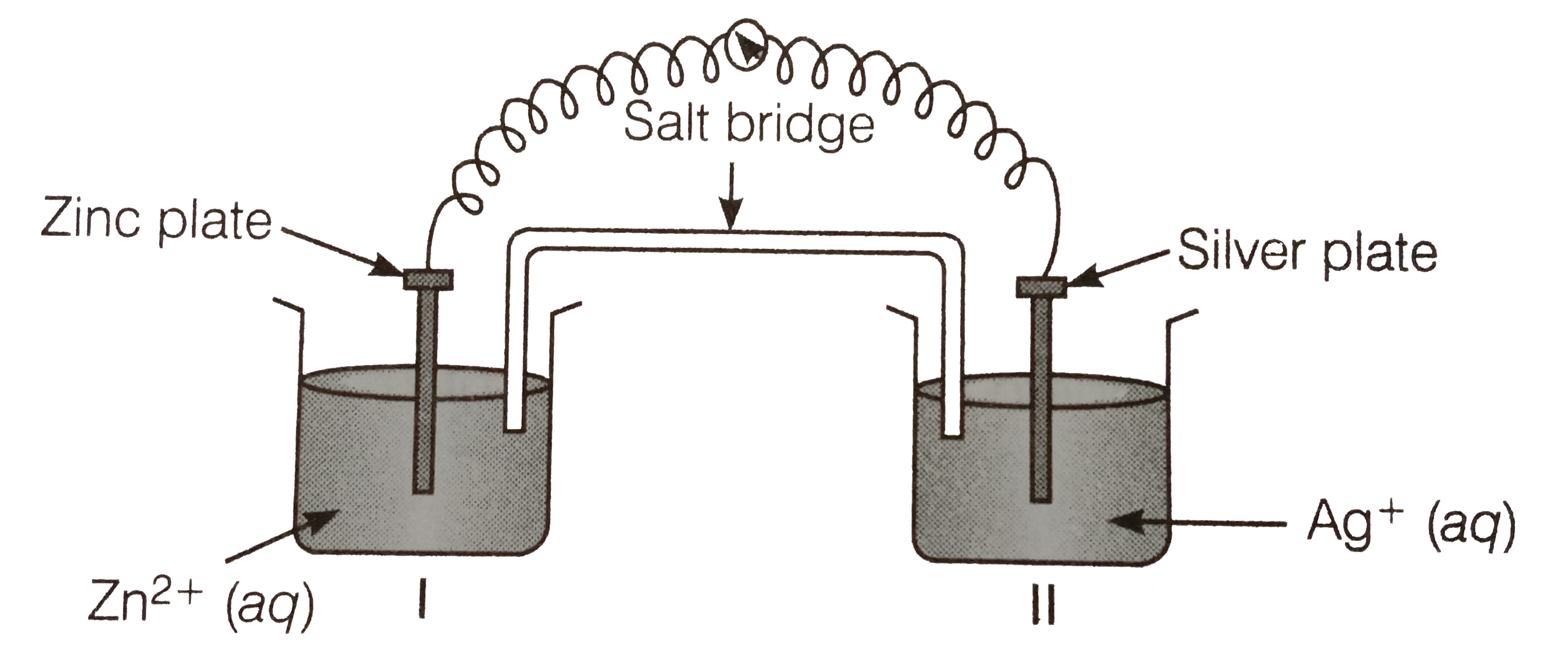How is the concentration of hydronium ions affected when a solution of an acid is diluted?
To determine how the concentration of hydronium ions (H₃O⁺) is affected when a solution of an acid is diluted, we can follow these steps:
1. Understanding Hydronium Ion Formation:
- Hydronium ions (H₃O⁺) are formed when hydrogen ions (H⁺) from an acid react with water. H⁺ ions are not stable in solution and thus exist as H₃O⁺.
2. Initial Concentration of Acid:
- When an acid is dissolved in water, it dissociates to produce a certain concentration of H₃O⁺ ions. For example, if you have a concentrated acid solution, it will have a high concentration of H₃O⁺ ions.
3. Dilution of the Acid Solution:
- When you dilute an acid solution, you are adding more water to the solution without adding more acid. This increases the total volume of the solution.
4. Effect of Dilution on Concentration:
- Since the amount of acid (and thus the amount of H₃O⁺ ions) remains constant while the volume of the solution increases, the concentration of H₃O⁺ ions decreases.
- Mathematically, concentration is defined as the amount of solute (acid) per unit volume of solution. When the volume increases and the amount of solute remains the same, the concentration decreases.
5. Conclusion:
- Therefore, as the solution is diluted, the concentration of hydronium ions (H₃O⁺) decreases. This is because the fixed number of H₃O⁺ ions is now distributed over a larger volume of water.
Summary:
When an acid solution is diluted, the concentration of hydronium ions (H₃O⁺) decreases because the total volume of the solution increases while the amount of acid (and hence H₃O⁺ ions) remains constant.
---
- Hydronium ions (H₃O⁺) are formed when hydrogen ions (H⁺) from an acid react with water. H⁺ ions are not stable in solution and thus exist as H₃O⁺.
- When an acid is dissolved in water, it dissociates to produce a certain concentration of H₃O⁺ ions. For example, if you have a concentrated acid solution, it will have a high concentration of H₃O⁺ ions.
- When you dilute an acid solution, you are adding more water to the solution without adding more acid. This increases the total volume of the solution.
- Since the amount of acid (and thus the amount of H₃O⁺ ions) remains constant while the volume of the solution increases, the concentration of H₃O⁺ ions decreases.
- Mathematically, concentration is defined as the amount of solute (acid) per unit volume of solution. When the volume increases and the amount of solute remains the same, the concentration decreases.
- Therefore, as the solution is diluted, the concentration of hydronium ions (H₃O⁺) decreases. This is because the fixed number of H₃O⁺ ions is now distributed over a larger volume of water.
When an acid solution is diluted, the concentration of hydronium ions (H₃O⁺) decreases because the total volume of the solution increases while the amount of acid (and hence H₃O⁺ ions) remains constant.
Topper's Solved these Questions
Similar Questions
How is the concentration of hydronium (H3O+) ions affected when a solution of an acid is diluted?
View SolutionHow is the concentration of hydroxide ions(OH–) affected when excess base is dissolved in a solution of sodium hydroxide?
View SolutionWhat is the concentration of hydrogen ions [H+(aq)] in a solution when pH = 0?
View SolutionHow is pH scale related to concentration of Hydronium ions?
View SolutionWhat is the concentration of hydrogen ions of a solution when its pH is 8?
View SolutionCalculate the concentration of hydrogen ion in the acidic solution with pH
a. 4.3View SolutionIn some solutions, the concentration of H3O+ remains constant even when small amounts of strong acid or strong base are added to them. These solutions are known as :
View SolutionWhen a concentrated solution of an electrolyte is diluted
View SolutionpH of which solution is not affected by dilution ?
View SolutionConsider figure from the above question and answer the questions (i) to (vi) given below.

(i) Redraw the diagram to show the direction of electron flow.
(ii) Is silver plate the anode or cathode?
(iii) what will happen it salt bridge is removed?
(iv) When will the cell stop functining?
( v) How will concentration of Zn2+ ions and Ag+ ions be affected when the cell function?
(vi) How will the concentration of Zn2+ ions and Ag+ ions be affected after the cell becomes dead?View Solution
